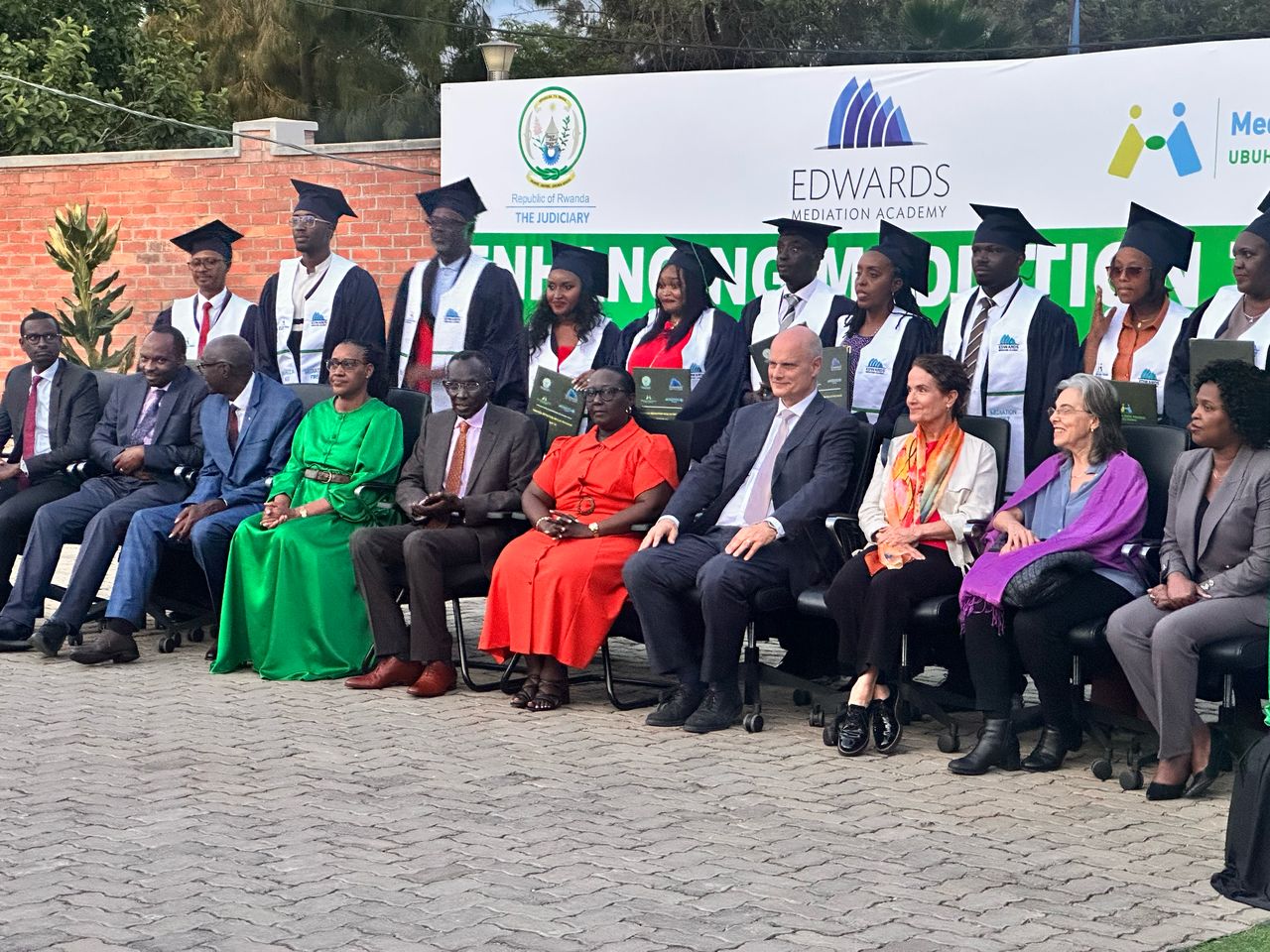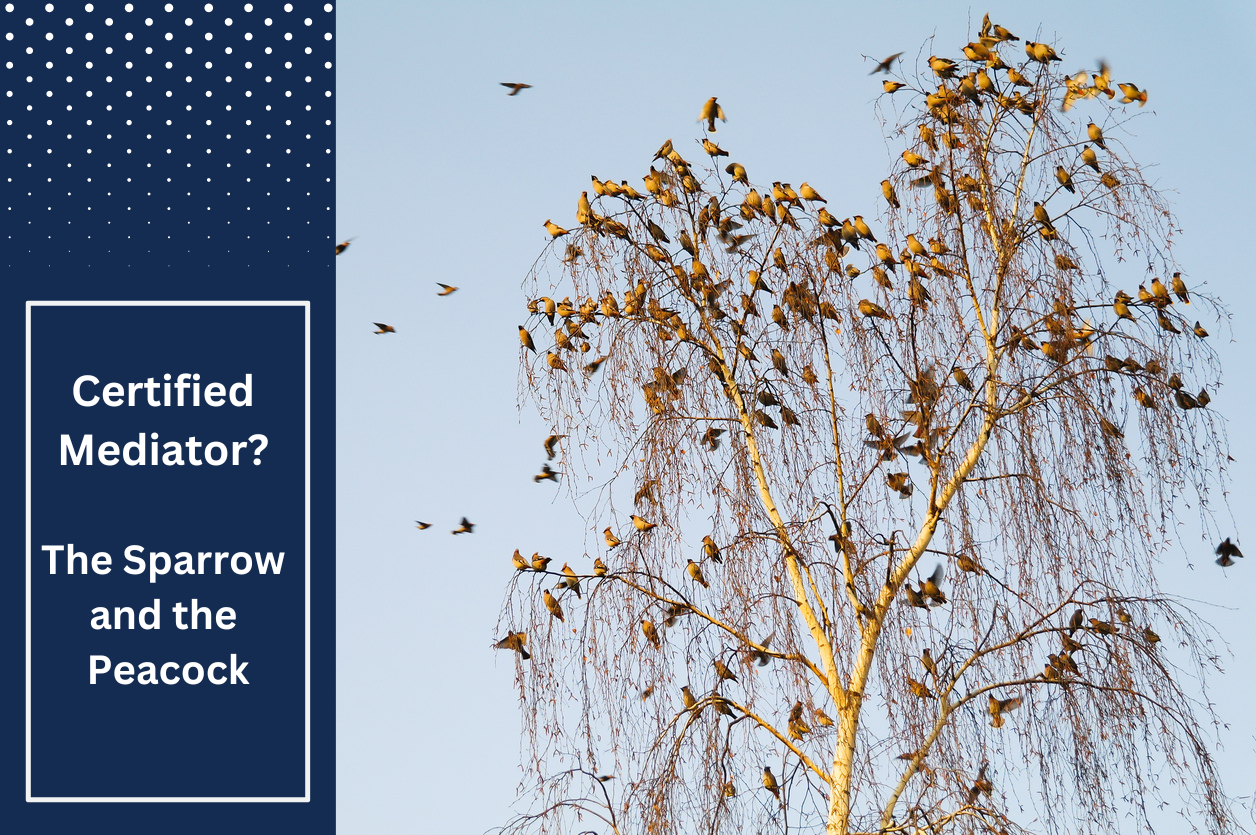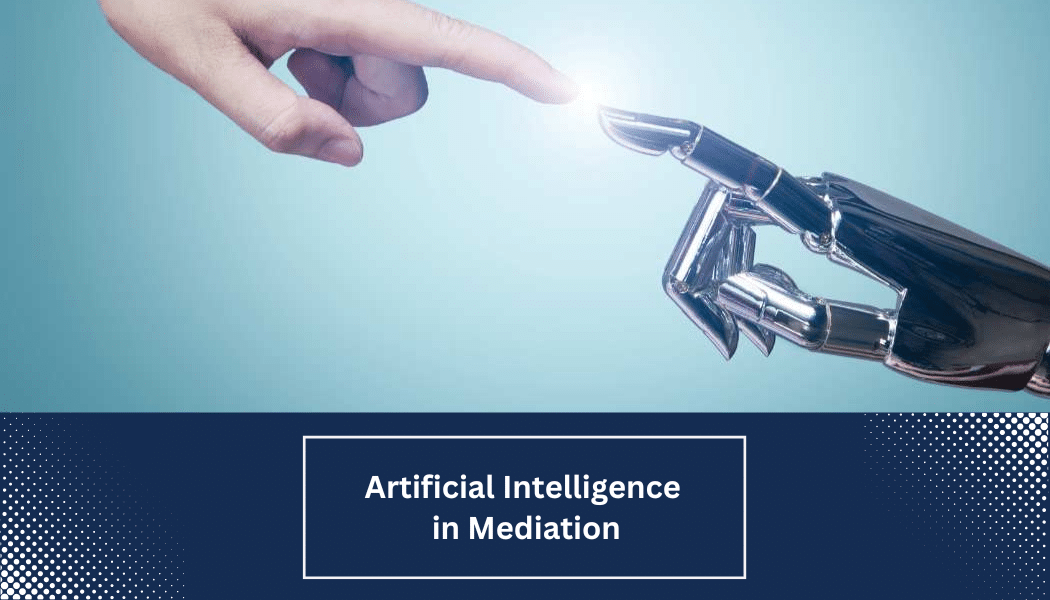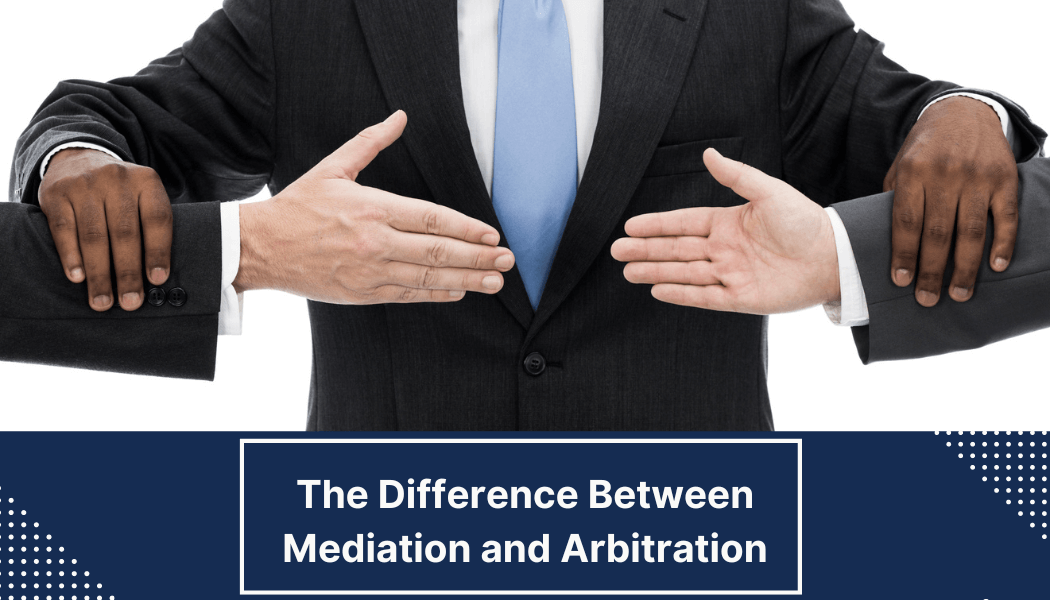As we approach the August 7th 2019 United Nations Convention and signing ceremony promoting international settlement agreements resulting from mediation, it is timely that we pause to reflect on the many and significant strides that have been made around the world toward promoting the use of mediation to resolve conflict. As Steve Jobs famously said, “We are here to put a dent in the universe. Otherwise why else be here?”
What have we learned from those mediators working tirelessly to promote the institutional and cultural changes necessary to implement mediation within their home countries? More specifically, what are the most profound successes and remaining challenges confronting those individuals who each day try to put a dent in their part of the universe?
It is often observed that our global community is ever shrinking, due to the free flow of information, advances in technology, and the urgent need to address cross border issues, such as mass migration and climate change. Against this backdrop, there exists a worldwide effort to promote and implement mediation in communities, institutions and governments. What was, until recently, a nascent effort to affect change through mediation, now shows signs of achieving a firm toehold in many countries around the world.
What are some of the noteworthy successes in implementing mediation?
Weinstein JAMS International Fellows
Since its inception in 2008, the Weinstein JAMS International Fellows program has provided skills development and collaboration for students who come to the United States for several months of mediation training. So far, students have originated from over seventy-five countries, and their backgrounds include: judges, government officials, attorneys and refugee camp workers. The International Fellows program now counts upwards of 120 graduates. Those graduates have returned to their home countries to draft legislation, reform courts, develop commercial mediation practices and in a variety of other ways, promote the implementation of mediation. Some of their more successful efforts include:
Rwanda – International Fellows have drafted a new mediation law and assisted with training local judiciary and bar association members in an effort to implement mediation in the Rwandan civil and criminal justice systems.
India – International Fellows have worked to relieve overcrowded court dockets by assisting with community mediation centers. One Fellow has established the first commercial mediation center in India, staffed by attorney mediators.
Republic of Georgia – International Fellows have worked with the Prime Minister and the Minister of Justice to lay the groundwork for a multi-pronged approach to implementing mediation and establishing their country as a regional hub for business.
The Global Pound Conference
In 2016, the Global Pound Conference took place around the world in more than 25 regional venues. The Global Pound Conference, of which I co-hosted the San Francisco event, was an ambitious attempt to take a real-time snapshot of the Alternative Dispute Resolution community by using a series of similar questions, designed to measure regional differences. While I leave the substantive outcome of that effort to more scholarly publications, it was one of the first attempts to both recognize and calibrate a deeper understanding of the global mediation community. In their collective efforts, the program directors helped give legitimacy to that community, while helping to identify the common issues and challenges confronting us all.
United Nations Convention on International Settlement Agreements Resulting From Mediation
In late 2018, the United Nations General Assembly adopted the United Nations Convention on International Settlement Agreements Resulting from Mediation. Individual mediators from Singapore and beyond spearheaded this effort, and on August 7, 2019 a signing ceremony will be held in Singapore to herald the adoption of the Convention. While the Convention will still require the signatures of multiple state stakeholders to become effective, it will address for the first time one of the major, often cited challenges to the use of mediation in cross border disputes: the lack of an efficient and harmonized enforcement mechanism. Perhaps as important as the Convention itself, the “Singapore Convention,” as it has become known, has elevated the profile of global mediation efforts in a manner not previously possible.
Technology and the rise of online dispute resolution
The promulgation of online dispute resolution has largely mirrored the advancement of technology in our broader society. Over the past several years, we have seen brick and mortar small claims courts replaced with online dispute resolution protocols in parts of England, Canada and the Netherlands. Emerging websites promoting ecommerce around the world now almost routinely offer access to online dispute resolution (ODR), when conflicts arise involving online transactions. What was once thought in the world of mediation to be the exclusive province of face-to-face intervention, ODR has expanded the idea of what’s possible. Perhaps, most importantly, ODR as a real time, cost effective approach to the resolution of high volume, low dollar disputes has introduced a new generation to the potential of mediation.
Technology has also allowed for the extended reach of quality education and mediation skills development. Online training and education platforms like Edwards Mediation Academy are making it possible for those who are interested in advancing their skills in mediation, mediation advocacy or career development to learn by accessing a computer. Whether the student is a Director of Human Relations from Saudi Arabia, a civil engineer from Pakistan or a judge from Rwanda, the ability of online training to provide valuable lessons in mediation can’t be underestimated.
What challenges remain?
Notwithstanding these and hundreds of other brilliant successes toward the advancement of mediation around the world, in the words of the famous poet, Robert Frost, we still “have miles to go before we sleep.” What are the most commonly recurring challenges, as reported by those at the tip of the spear? What do mediators in emerging markets report are the most daunting obstacles they confront in their home countries? Equally important, what advice can we offer each other to assist in overcoming these sources of resistance?
Institutional challenges
Time honored institutions, and the individuals who comprise them, are often resistant to change. Large institutions, career public servants and vested professionals typically have a strong interest, often financial, in preserving the status quo. While it is beyond the scope of this article to address the multi-faceted and nuanced approaches necessary to overcome deep-seated resistance to mediation, suffice it to say, it can be done. Any meaningful change begins with understanding the needs and interests of all the stakeholders and finding thoughtful ways of addressing those needs. Often, institutional resistance reflects a range of fear-based concerns: what will happen to my company, job, income, etc. Only by understanding and addressing these concerns can those hoping to implement a new culture of mediation obtain their highest trajectory.
Political challenges
In all countries, the administration of justice lies at the foundation of government. How a government provides access to and administers justice will prove the ultimate measure of that government’s success. Therefore, it is imperative to learn to work with government leaders in a so called “top down” approach to implementing mediation in all aspects of government, including the administration of justice. Unfortunately, too many countries around the world are plagued by inefficiencies, longstanding corruption or lengthy court backlogs, which impact access to and the fair administration of justice. Introducing mediation in these environments requires a deft touch and a degree of patience that tests most people’s talents.
More often than not, overcoming political challenges to mediation begins with finding and convincing the right leaders of its value proposition. Learning to speak their language is essential and starts by addressing the most basic questions: why use mediation, what does it offer me politically, and how will it improve the lives of my constituents? In those countries where successful strides in mediation have been made, including: England, Canada, India and Rwanda, to name only a few, these questions have been sufficiently answered for those in leadership positions. Real change was able to take root only after first enlisting the support and collaboration of key government officials, such as Prime Ministers, Ministers of Justice and Justices of the Supreme Court.
Cultural challenges
While the language of conflict is universal, the value proposition of mediation is not. The message of mediation, including its many benefits, must be tailored to the unique cultural environment where the conflict occurs. One of the key cultural challenges to the introduction of mediation worldwide is the exportation of mediation as developed and defined in the United States. For example, our western based thinking and language defines mediation as “an interest based process” requiring the parties in conflict to focus on individual needs and interests. Yet this approach is anathema to collectivist cultures, where the needs of the individual pale in comparison to the needs of the many.
In many cultures that are based on interdependence, such as: India, Latin America and large parts of the Middle East, relationship issues can be as significant, if not more so, than substantive issues. Those who are committed to advancing the potential of mediation need to use language that better articulates and more broadly defines concepts like “interests” in order to overcome cultural resistance to mediation. Only when potential stakeholders come to recognize “interests” as including, if not prioritizing, the relational needs of the many, can we truly speak the language of our audience.
Additionally, how different cultures approach communication (high context versus low context), approach negotiation and view the need for written settlement outcomes, are but a few of the many nuanced differences that vary from culture to culture. Those differences can give rise to significant mediation challenges, if not properly considered in advance.
Conclusion
The past few years have given us reason to be proud in our collective efforts to promote the use of mediation in our global community. Just as the weary mountain climber gains strength by pausing along her journey to admire the view from whence she came, so too must we as a mediation community pause to reflect on our past achievements. From the hundreds of individuals working to implement mediation within their own countries, to the higher profile moments of the Global Pound Conference or the upcoming Singapore Convention, change is happening.
While at times change can be frustratingly slow, we should all take pride in our collective achievements, while redoubling our efforts to quicken the pace. In the words of former President Barack Obama, “Change will not come if we wait for some other person, or if we wait for some other time. We are the ones we have been waiting for. We are the change that we seek.”
We have accomplished so much. So much more remains to be done.
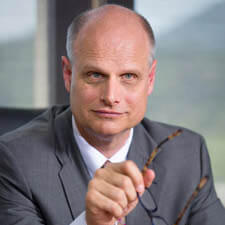
Bruce A. Edwards
Bruce A. Edwards is an ADR industry pioneer and former chairman of the board of directors of JAMS, this country’s largest private provider of ADR services. Along with his wife, Susan Franson Edwards, Mr. Edwards recently cofounded Edwards Mediation Academy, an online education platform dedicated to improving the skills of mediators around the world

